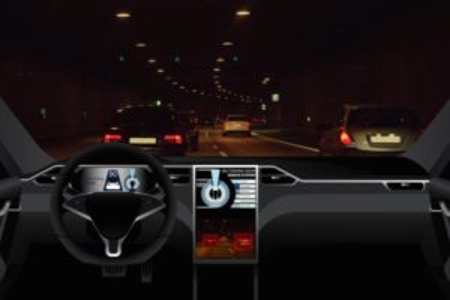Most of the world’s automakers consider self-driving cars as the hallmark of 21st Century transportation. Suggesting that self-driving automobiles will dominate the market in the near future makes some drivers nervous and uneasy. There is clearly some public anxiety about a car driving itself and limiting the amount of human control over its movement. Certainly, it would seem that self-driving cars will have significant effects on road safety.
In examining how the use of self-driving vehicles will affect motor vehicle accidents, one thing is clear – humans are at fault in the vast majority of motor vehicle accidents. A study in California of self-driving cars operating in autonomous mode revealed that of 38 incidents, every accident but one was caused by a human driver. During those accidents when the cars were driven in conventional mode and involved human interaction, only six of 19 were caused by the self-driving technology.
The key for consumers making a transition to AV technology is information – knowing more about these vehicles, how they operate, how they’re tested, and how they’re likely to behave on the streets. Most drivers expect an AV to operate like a human-controlled vehicle (i.e., drive poorly and break traffic laws). A good presumption is to think the opposite – that an AV is going to behave in a lawful manner.

